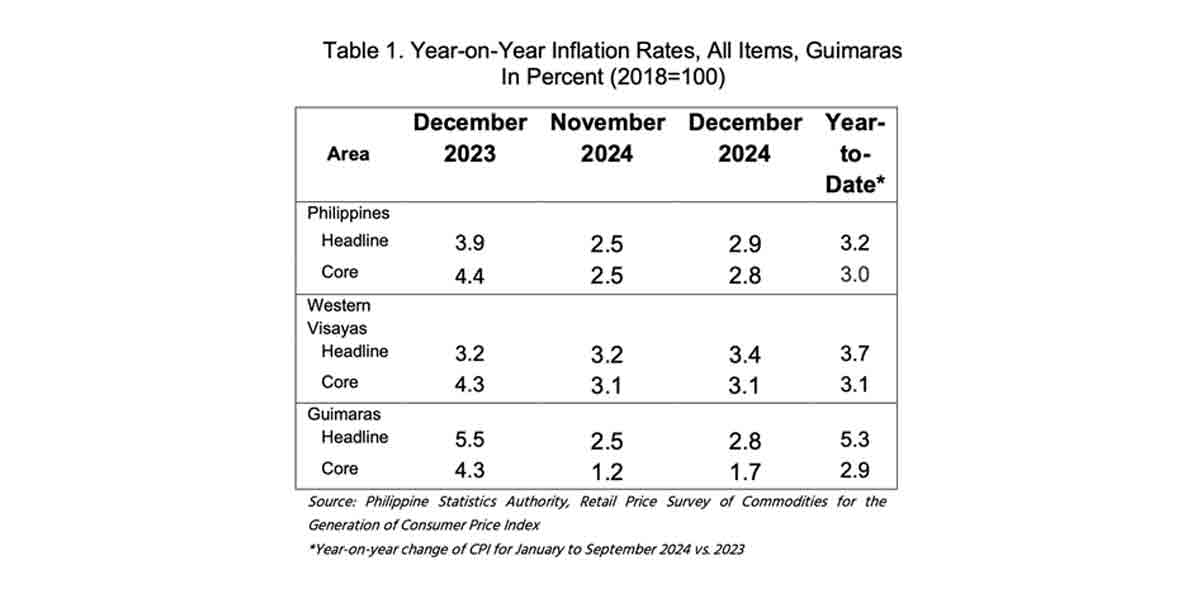By Prof. Enrique Soriano
One of the great founders of America, Benjamin Franklin so eloquently once said, “Our new constitution is now established, everything seems to promise it will be durable; but in this world nothing is certain but death and taxes.” The quote basically means that death and taxes are loathed but unavoidable, no matter who you are. Another legendary American business magnate, film producer, inventor and philanthropist Howard Hughes, Jr. once remarked after suffering a debacle from a failed movie venture, “I learned by bitter experience that no one man can know everything.” Hughes personifies many aging founders of businesses that have remained “stuck in the mud” for years struggling with succession. When Hughes, Jr. passed away in 1976, his estate estimated to be worth $2.5 billion was distributed to 22 cousins.
In the world of family enterprises, most firms are similar to Hughes’, totally unprepared for what lies ahead and owner-centric. Founders are like your typical one-man army managing all aspects of the business. When we were commissioned to do a study a few years ago, we found out that 75% of all family owning businesses are highly dependent on the principal owner-manager to make all the decisions. We concluded that these identified businesses pose the greatest risk of a complete shutdown when their founders passed away.
Death Brings Confusion
When there is death expect confusion. With confusion, conflict emerges among the heirs and extensive studies point to approximately 70 percent of all family firms are either sold or liquidated after the death or retirement of their founders (Beckhard and Dyer, 1983). Any unexpected event like death can force a major upheaval in the pattern of authority and ownership distribution usually among heirs. With conflict, emotions can be overpowering and irrational behavior takes centerstage. Ego and pride join in the dispute and a looming power struggle escalates into a free for all disagreement with many issues being dug up dating back from childhood.
All too often hostility becomes so intense that they are unable to make the important decisions needed to ensure the future of the business. Failure to plan for succession also threatens the family’s financial well-being by leaving many thorny estate issues. With income, estate, capital gains and gifting taxes overwhelming ill-prepared family members, the family ends up choosing the most convenient option…a fire sale of the firm’s assets to settle liabilities and appease a restless and divided family. There is ceasefire no doubt but in the absence of any professional intervention to clear the air of any misunderstanding, we should expect another round of drama with more intensity. With the founder gone, new found power is being tested by family members too and their characters can manifest in many ways. Behaviorally, for conflicted family members, it is deep seated and compels them to act in certain ways, often beyond their awareness and control. Early childhood insecurities, later experiences and habits become more evident as the conflict heightens.
Of course, there are still a slew of options available to diffuse the tension. The surviving family members may opt to split the business, or one can buy the other out or they can sell the business or they can do nothing and sadly watch its value evaporate. All these options without exception will still result in the impairment and the desecration of the founder’s legacy.
The fault lies on the founder for choosing the “Do Nothing” Option
Why do the majority of these owners procrastinate and set aside the steps necessary to plan ahead? Why are they so emotionally uncomfortable in embracing the succession roadmap? Why are they inflicting harm on their businesses, compromising their legacies and even shuttering family relationships? I am certain that is never the intention of any founder. The answer lies in two words, fear and ambivalence. Business leaders have the wrong notion that should they relinquish control and power, they will no longer be given the respect due them. Their unfounded fear that without respect, their status and identity dissipates. As to their ambivalence, they embrace the urgency of the succession process but there is unwillingness to step back as they cannot imagine giving up a business that for many of these visionaries was more important than their family. To these founders, the business is the center of their lives and which they have poured their life’s passion into.




















